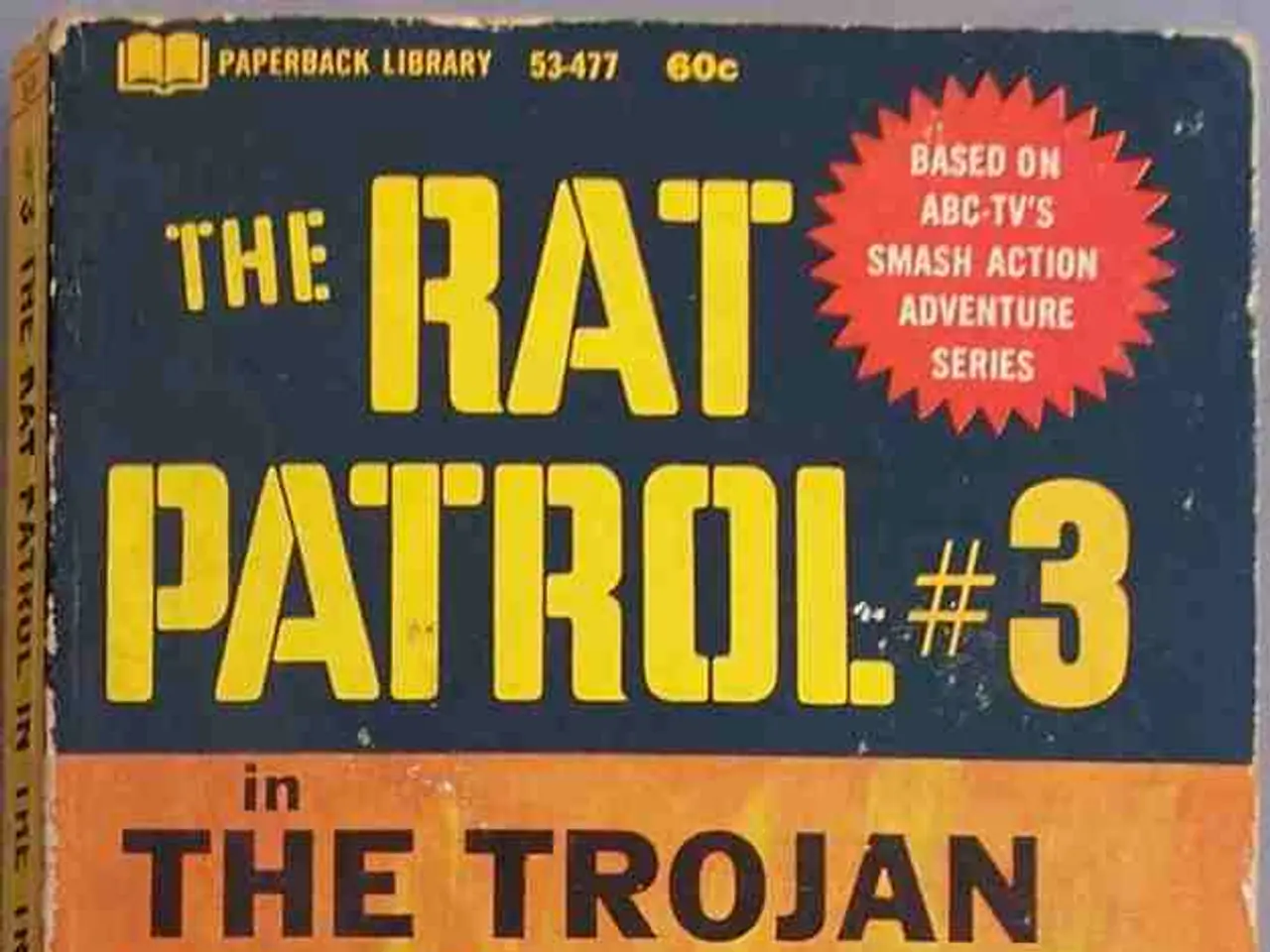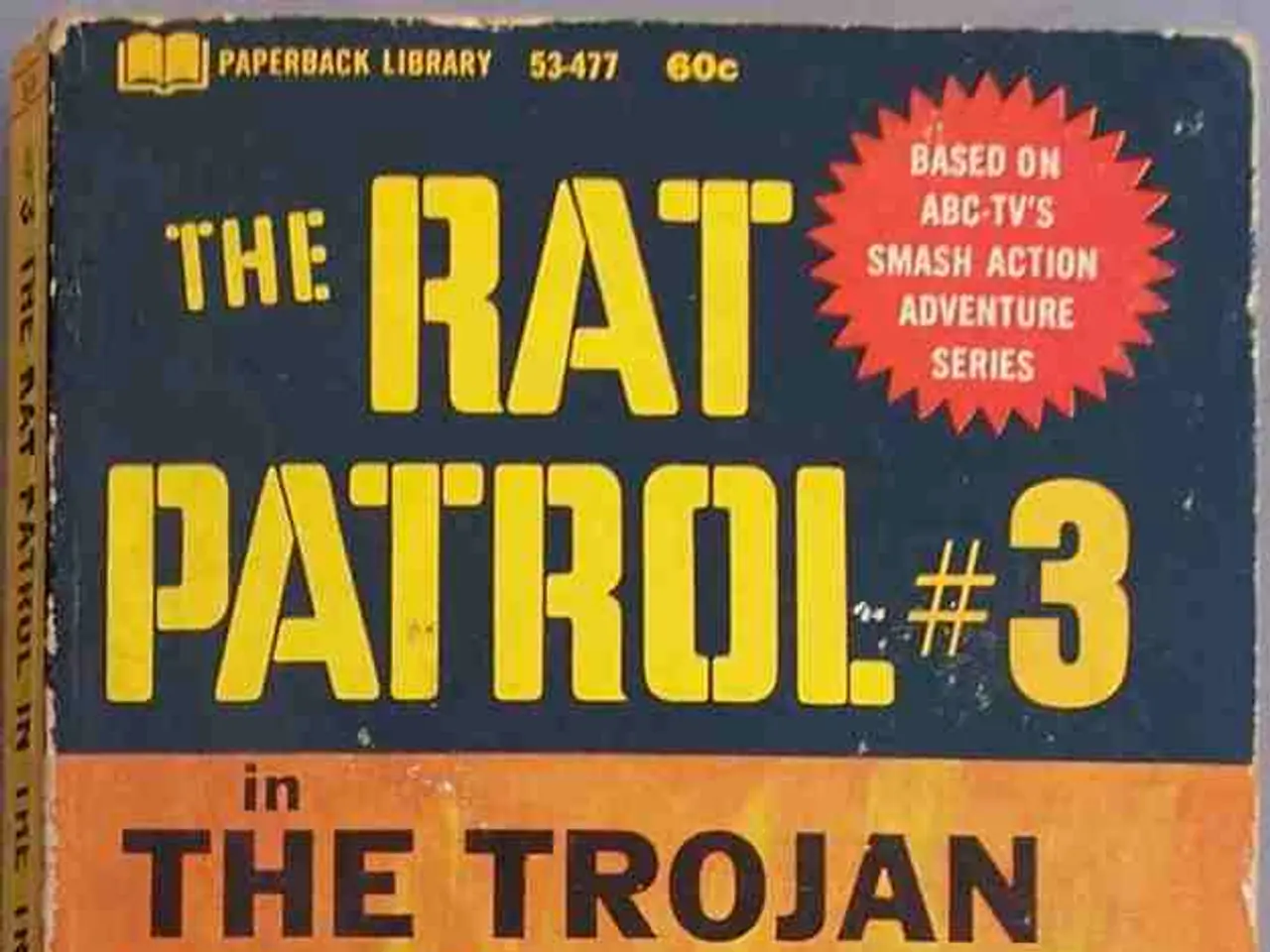Foreseeing the Storm: Iran-U.S. Conflict - A Path to Chaos?
- *
Military engagement in Iran by the U.S. may result in turmoil or disorder. - US military intervention in Iran may lead to chaotic outcomes, according to Nouripour.
"Sure, people have the Iraq War on their minds," said the Green politician. "The Americans marched in, vowing to liberate us from Saddam Hussein. Freedom was just around the corner. But they didn't have a single plan for the day after. That could result in one massive mess. And many in Iran are justifiably apprehensive," he added.
Omid Nouripour acknowledges Israel's concerns regarding Iran's nuclear ambitions, stressing, "There's no argument about Israel wanting to prevent a nuclear Iran. But just think - the regime collapses, the bombs start falling, and suddenly we're looking at an everlasting utopia with limitless freedom? People in Iran are skeptical."
Last Friday, Israel launched a massive attack on Iranian nuclear facilities and military installations, resulting in the loss of high-ranking military personnel. Israel's declared objective is the annihilation of Iran's nuclear program. In response, Iran initiated a barrage of counterattacks, firing rockets and drones at Israel.
- Iran
- Omid Nouripour
- USA
- Israel
- Conflict
- Repercussions
- Iraq War
Potential Fallouts of U.S. Intervention in Iran
The possible repercussions of a U.S. intervention in Iran are multifaceted:
Escalating Tensions and Regional Clashes
U.S. military action against Iran's nuclear sites could lead to significantly upped tensions and potentially escalate into a larger regional war involving Iran and its allies, further destabilizing the already volatile Middle East[2].
Human and Military Costs
Military engagement in Iran could result in heavy troop casualties, prolonged conflict, and immense human suffering, much like experienced during the Iraq War[3].
Economic Implications
The intervention may cause severe economic disruption, affecting global oil markets and financial stability, considering Iran's crucial role in oil exports. This could incur severe consequences for the region and worldwide markets, as demonstrated following the Iraq invasion[3].
Legal and Diplomatic Controversies
Iran has criticized unilateral U.S. actions as clear violations of international law, requesting emergency U.N. Security Council meetings. Such actions tend to challenge international legal norms, resulting in diplomatic consequences[2][3].
Jeopardizing Nonproliferation Efforts
In attacking nuclear sites, there is a risk of compromising the International Atomic Energy Agency's ability to keep tabs on Iran's nuclear program, potentially hampering global nonproliferation efforts[2].
Threat of Chaos and Power Vacuums
As echoed by the Iraq War experience, U.S. intervention in Iran could lead to chaos, civil strife, and the rise of extremist groups that capitalize on power vacuums, further destabilizing the region[3].
Lessons Learned from the Iraq War
Prolonged Struggle for Victory
If a U.S. military campaign in Iran mirrors the post-2003 Iraq War scenario, it may result in an extended occupation marked by no discernable end - a scenario that might drain resources and complicate U.S. strategic objectives[3].
Regional Fracturing and Proxy Wars
The conflict could intensify sectarian divisions and embolden proxy groups, similar to how Iraq's fragmentation contributed to ongoing regional instability. The fear is that this could be a part of broader strategies aiming to disrupt Iran's influence[3].
Undermining U.S. Reputation and Global Stability
Military action could threaten the United States' credibility if it leads to stalemate or perceived illegal aggression, mirroring the impact after Iraq. This could embolden adversaries and destabilize global alliances[2][3].
In essence, the probable outcome of a U.S. military intervention in Iran could mimic some of the destabilizing effects seen in the aftermath of the Iraq War—prolonged conflict, regional escalation, heavy human and economic costs, legal struggles, and chaos—potentially leaving the Middle East more volatile and unpredictable[2][3].
"While Israel has recently launched a major attack on Iranian nuclear facilities and military installations, Omid Nouripour, a Green politician from Germany, is echoing concerns from Iran about the potential repercussions of a US military intervention in the country. Nouripour highlights that the possible fallouts of such an intervention, like escalating tensions, regional clashes, human and military costs, economic disruption, legal and diplomatic controversies, compromising nonproliferation efforts, chaos, and power vacuums, could mirror the destabilizing effects seen in the aftermath of the Iraq War."
"Politics, general news, and war-and-conflicts sections are still abuzz with discussions about the potential fallouts of a US military intervention in Iran. Many experts argue that it could lead to a vicious cycle of chaos and power vacuums in the region, similar to what happened post-Iraq War, causing instability and portraying a forever-uncertain Middle East."




